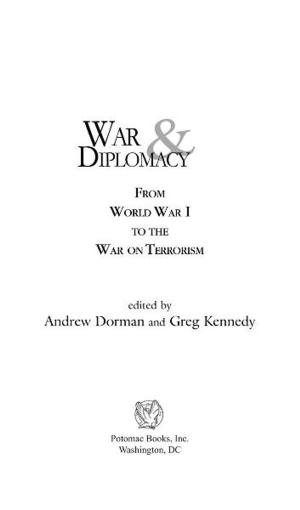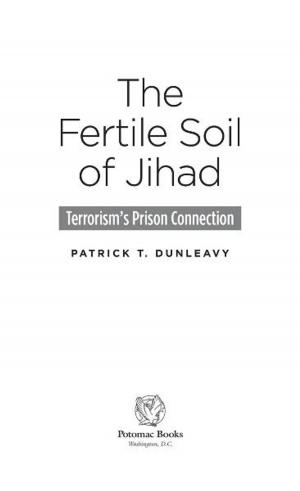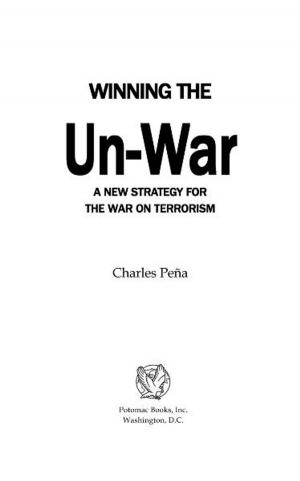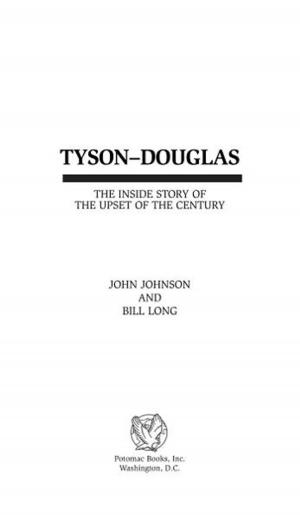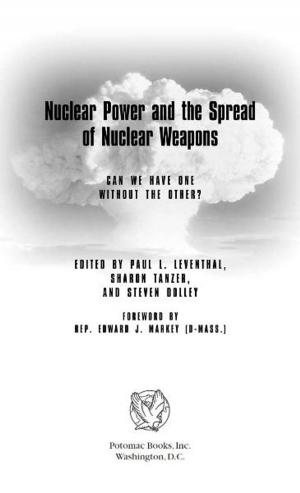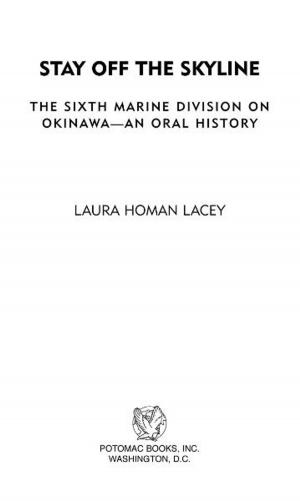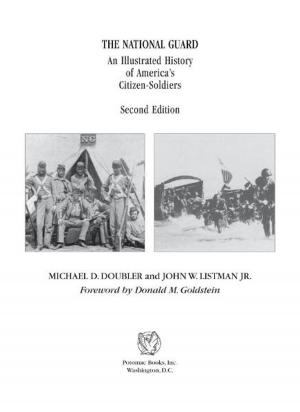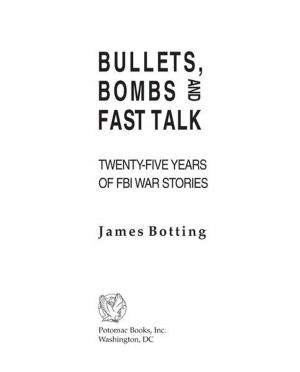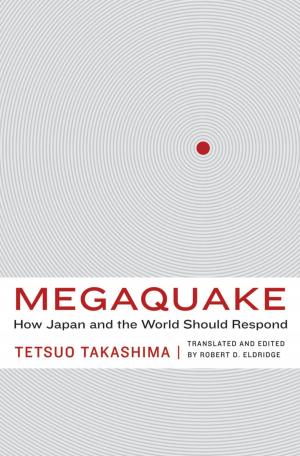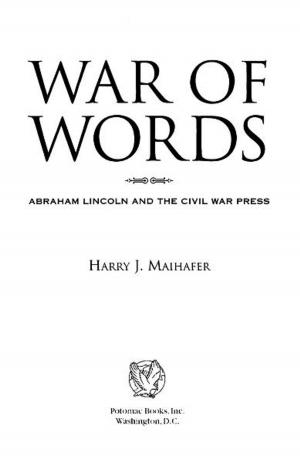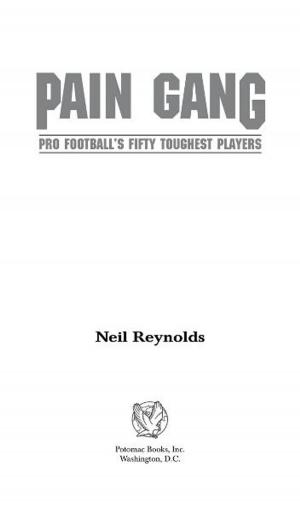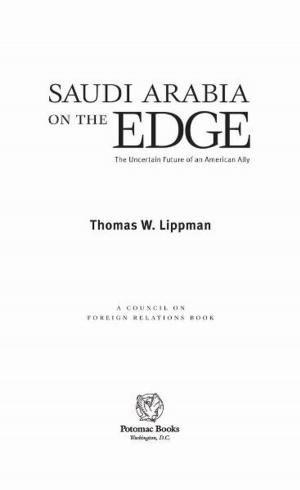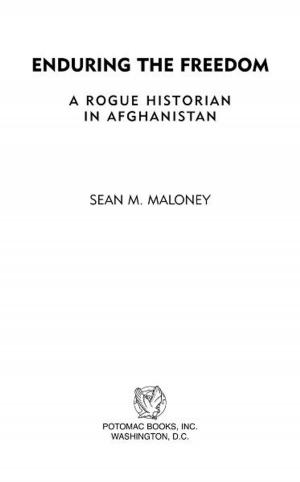Iran's Revolutionary Guard: The Threat That Grows While America Sleeps
Nonfiction, History, Military, Nuclear Warfare, Social & Cultural Studies, Political Science, International, International Relations| Author: | Steven O'Hern | ISBN: | 9781597978231 |
| Publisher: | Potomac Books Inc. | Publication: | October 31, 2012 |
| Imprint: | Language: | English |
| Author: | Steven O'Hern |
| ISBN: | 9781597978231 |
| Publisher: | Potomac Books Inc. |
| Publication: | October 31, 2012 |
| Imprint: | |
| Language: | English |
Since the Iranian Revolution more than thirty years ago, the Islamic Revolutionary Guard Corps (IRGC), also known as the Revolutionary Guard, has conducted covert and overt military operations, built an economic empire, and trained, financed, and guided terrorists to pursue one goalùthe preservation and expansion of the Islamic revolution. Inside Iran the IRGC influences the country's politics, economy, and foreign policy, and controls its nuclear program. Outside Iran the operations of the IRGC and its proxies, including Hezbollah in Lebanon and Shiite militias in Iraq, have left a trail of deathùfrom the 1983 truck bombings in Beirut that killed 241 U.S. peacekeepers and 58 French paratroopers to numerous attacks on U.S. (and allied) troops in Iraq and Afghanistan. Now, no longer content to strike in Iraq and Afghanistan or at targets in the Middle East and south Asia, the IRGC and Hezbollah operate throughout North and South America, developing the capability to strike the continental United States and deliver a blow to America's economy far worse than today's financial crisis. In Iran's Revolutionary Guard, Steven O'Hern reveals new information about the IRGC and Hezbollah operations inside America based on interviews with former and active members of the FBI, CIA, local law enforcement, military intelligence, and even one former Revolutionary Guard officer. The author details how the IRGC has grown into such a dangerous foe and explains how its members' activities have put the American economy and American lives at risk. His research suggests that the IRGC may be planning to explode, high above a Midwestern city, a nuclear weapon that would emit an electromagnetic pulse strong enough to render anything with a computer chip useless, including the hundreds of transformers that control the country's electrical grid. One thing is certain, according to O'Hern: the Revolutionary Guard is a serious threat to the well-being of all U.S. citizens.
Since the Iranian Revolution more than thirty years ago, the Islamic Revolutionary Guard Corps (IRGC), also known as the Revolutionary Guard, has conducted covert and overt military operations, built an economic empire, and trained, financed, and guided terrorists to pursue one goalùthe preservation and expansion of the Islamic revolution. Inside Iran the IRGC influences the country's politics, economy, and foreign policy, and controls its nuclear program. Outside Iran the operations of the IRGC and its proxies, including Hezbollah in Lebanon and Shiite militias in Iraq, have left a trail of deathùfrom the 1983 truck bombings in Beirut that killed 241 U.S. peacekeepers and 58 French paratroopers to numerous attacks on U.S. (and allied) troops in Iraq and Afghanistan. Now, no longer content to strike in Iraq and Afghanistan or at targets in the Middle East and south Asia, the IRGC and Hezbollah operate throughout North and South America, developing the capability to strike the continental United States and deliver a blow to America's economy far worse than today's financial crisis. In Iran's Revolutionary Guard, Steven O'Hern reveals new information about the IRGC and Hezbollah operations inside America based on interviews with former and active members of the FBI, CIA, local law enforcement, military intelligence, and even one former Revolutionary Guard officer. The author details how the IRGC has grown into such a dangerous foe and explains how its members' activities have put the American economy and American lives at risk. His research suggests that the IRGC may be planning to explode, high above a Midwestern city, a nuclear weapon that would emit an electromagnetic pulse strong enough to render anything with a computer chip useless, including the hundreds of transformers that control the country's electrical grid. One thing is certain, according to O'Hern: the Revolutionary Guard is a serious threat to the well-being of all U.S. citizens.

